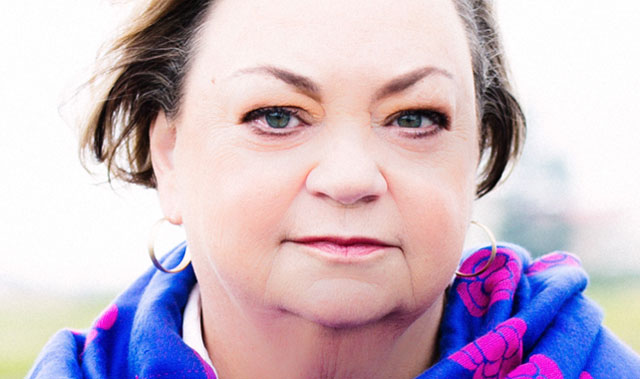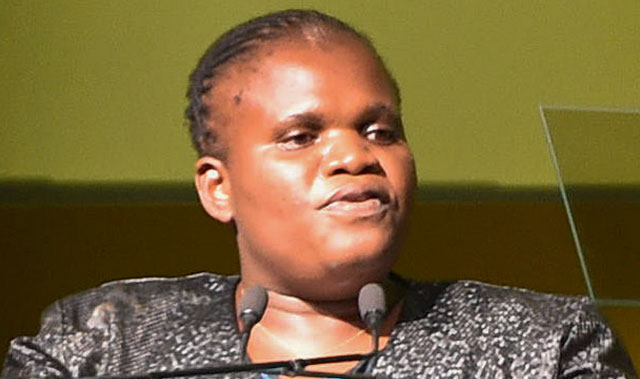
South Africa’s long-delayed project to migrate from analogue to digital terrestrial television has “failed”.
That’s the view of Democratic Alliance MP and shadow minister of telecommunications & postal services Marian Shinn, who said on Tuesday that the programme “urgently needs to be revised” if South Africa is going to move off analogue broadcasts.
Digital migration is crucial not only for opening up South Africa’s terrestrial broadcasting sector to greater competition, but also making available the “digital dividend” bands of 700MHz and 800MHz for mobile broadband.
Shinn said in a statement that the project’s “failure” needs urgent intervention. She said she has written to Humphrey Maxegwana, chairman of parliament’s portfolio committee on communications, requesting that he hold a two-day public hearing of ICT stakeholders to evaluate the status of the roll-out, its technological relevance and affordability.
“The aim of these hearings should be to thrash out a new path for the switchover to digital broadcasting technology to free up spectrum used by analogue broadcasting for much-needed mobile broadband use, mainly in rural areas,” she said.
Shinn said that “after years of delays and political meddling”, the programme is now “being held up because of legal challenges to the revised broadcasting digital migration policy that [communications] minister Faith Muthambi bamboozled through her cabinet colleagues in March 2015”.
But Muthambi’s office has hit back, saying her record of delivery in digital migration “speaks for itself”.
The minister had reversed an earlier government decision on encryption of terrestrial broadcasting signals, decided that government-subsidised set-top boxes — as many as 5m of them were meant to be produced — will not be capable of receiving encrypted broadcasts. E.tv won a court challenge at the supreme court of appeal in Bloemfontein. Muthambi, with the support of MultiChoice, is now challenging that judgment in the constitutional court.
The constitutional court will hear the case next month.

“I maintain that, even if the court decides in Muthambi’s favour, a review is essential as the programme is obsolete, unaffordable and riddled with irregularities that mean that it cannot proceed in its current form and must be revised,” Shinn said.
In support of her contention that the project has failed, Shinn said government did not meet the International Telecommunication Union’s deadline of 15 June 2015 to switch off analogue broadcasting signals and failed to stimulate the entrance of new small and medium electronics manufacturers into the sector. Also, government failed to deliver 5m subsidised set-top boxes to identified indigent South African households.
“Poorer South Africans will continue to be excluded from economic opportunities, worldwide information flow and ease of communication with all spheres of government service delivery if the digital migration programme is not rapidly and radically revised.”
Meanwhile, the communications ministry has hit back at Shinn’s allegations, saying Muthambi’s record of delivery on digital migration “speaks for itself”.
Muthambi’s spokesman, Mish Molakeng, said: “It is imperative to note that the project was handed over to the ministry of communications on 30 January 2015. Three months later, on 18 March 2015, the policy was gazetted. The first South African citizen received a subsidised set-top-box in Keimos on 17 December 2015. All this happened within a 12-month period.
“In October last year, the ministry successfully switched off the first analogue transmitter in the Square Kilometre Array areas in the Northern Cape and we continue to switch off many more in the area. The uptake of set-top boxes continues to gain traction nationally,” Molakeng said. — © 2017 NewsCentral Media




